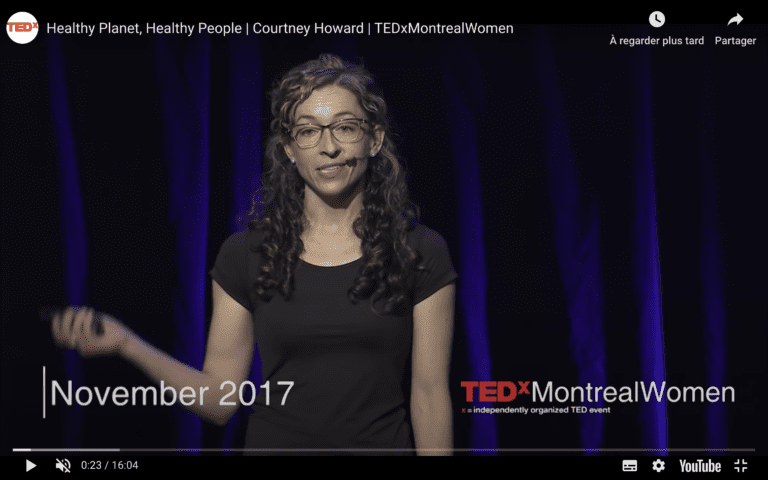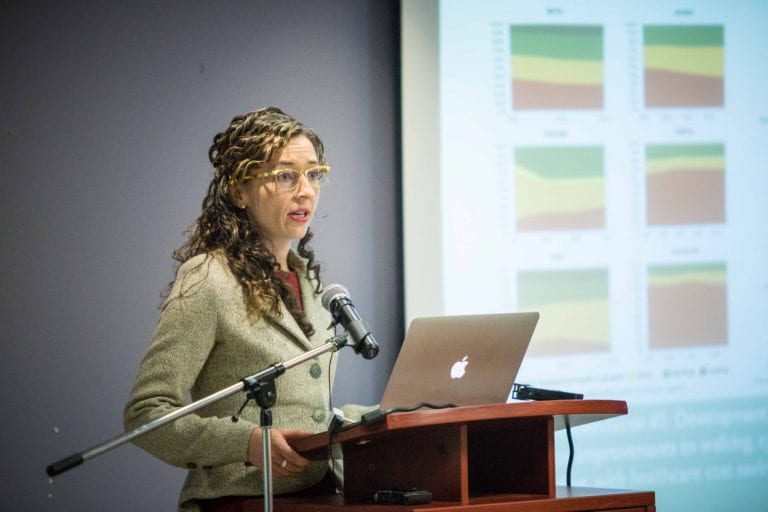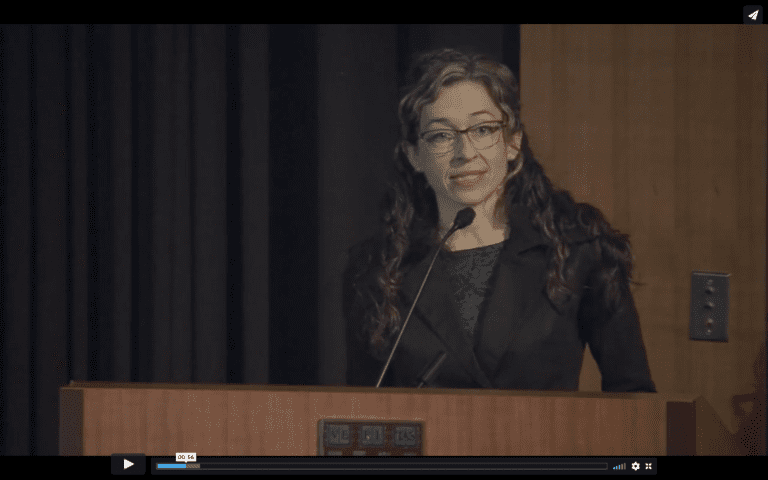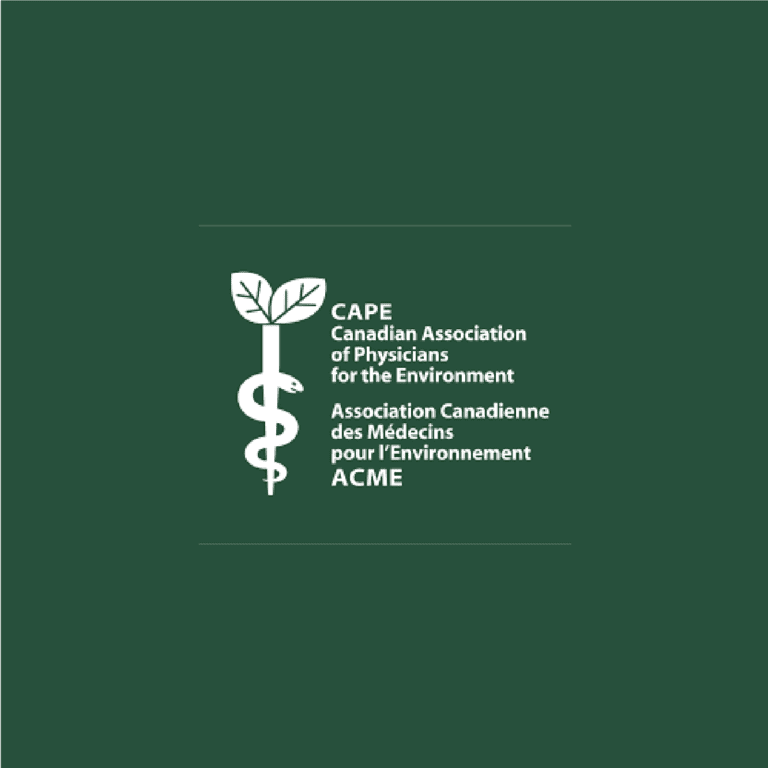Why ASRI/Health in Harmony’s Borneo Project is Cool.
Why did we come all the way to Borneo? Â Well…I was intrigued enough by ASRI/Health in Harmony’s integrated health and conservation project in Sukadana that I wanted to see it for myself. Â The basic idea is that in this rural area in Western Kalimantan, Borneo, providing affordable healthcare allows people to stop cutting down the








